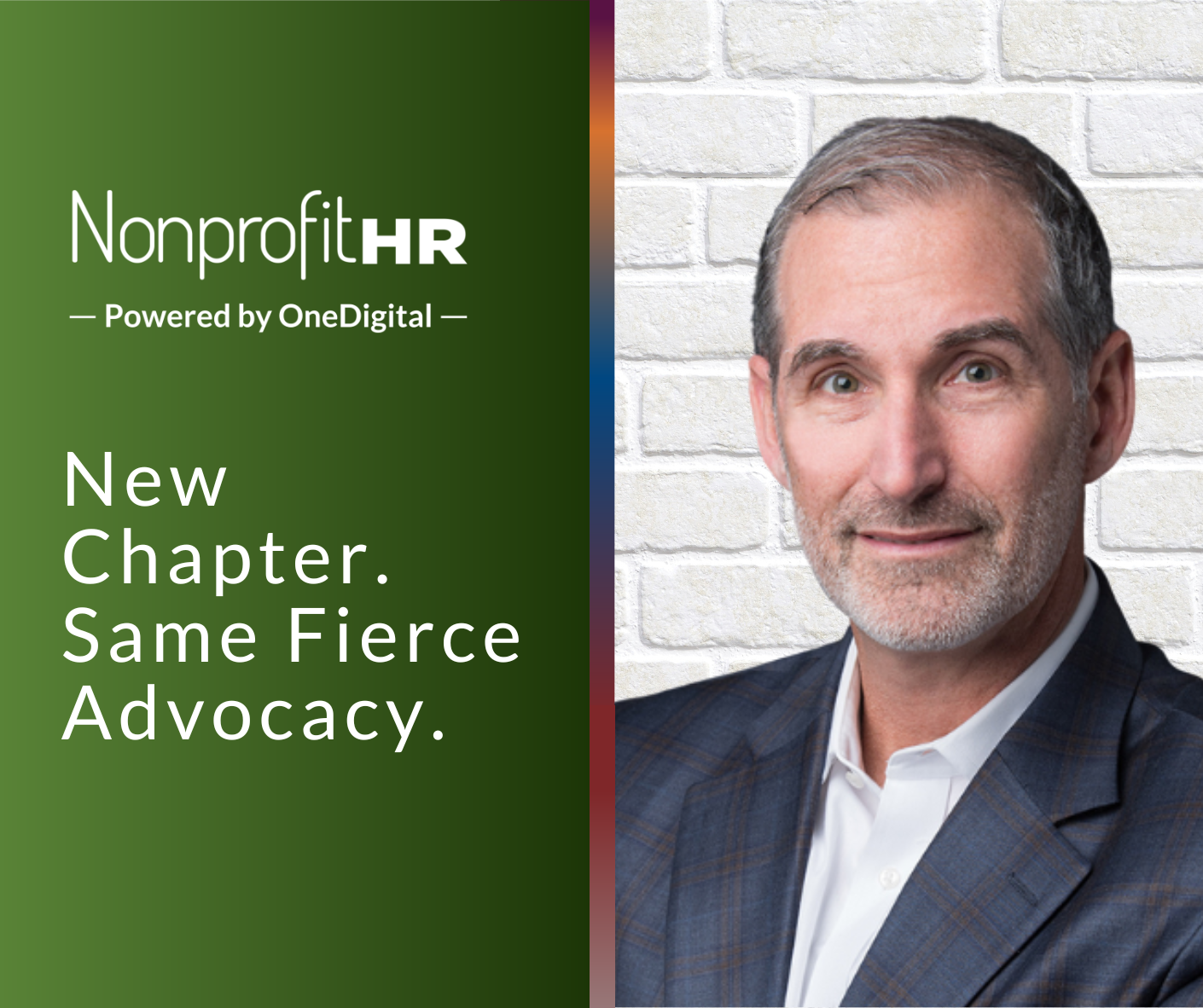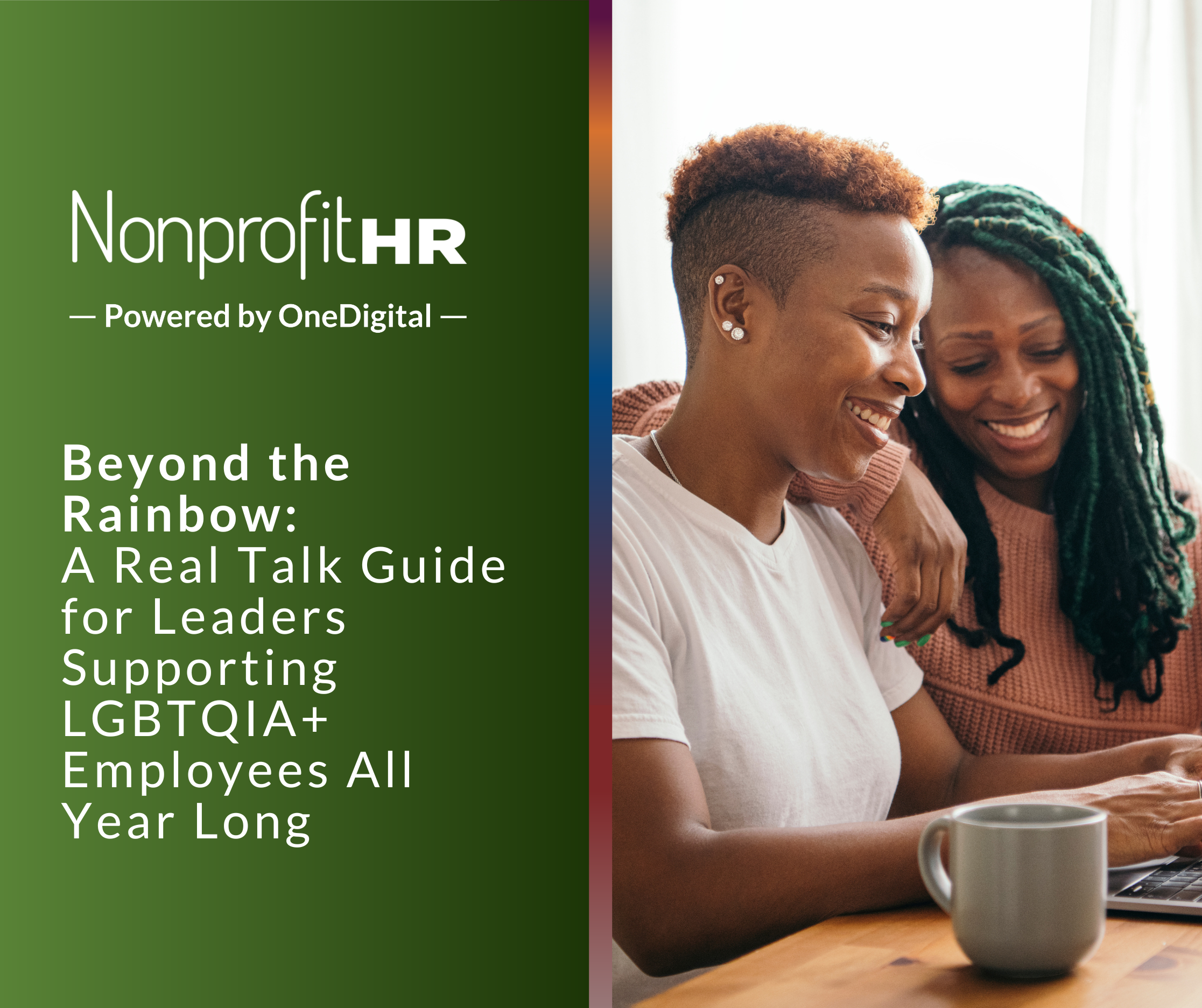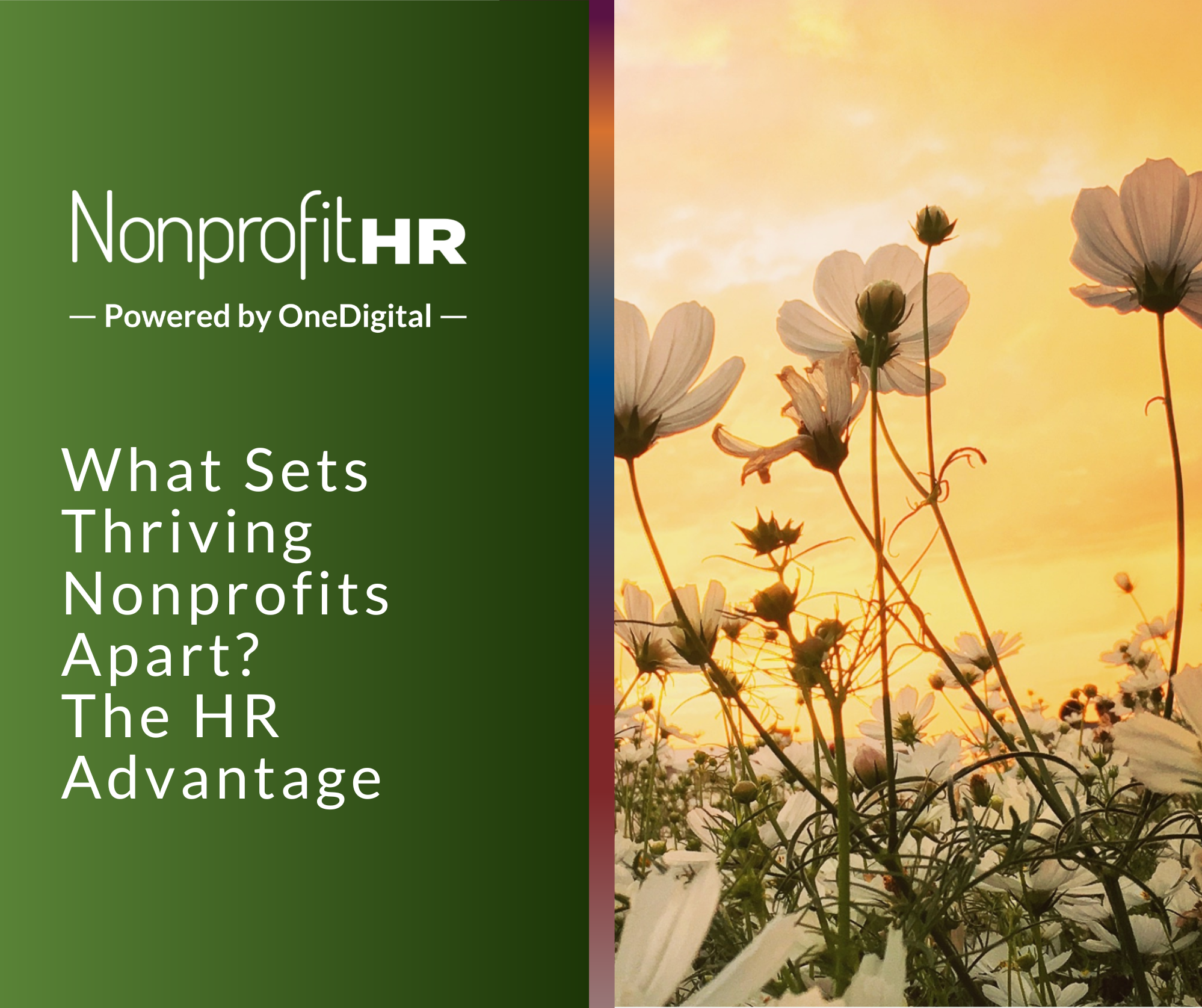WTOP: 5 ways nonprofits can…
 Spoiler Alert: We’re not writing a new chapter. This is a whole new perfect-bound book!
Spoiler Alert: We’re not writing a new chapter. This is a whole new perfect-bound book!
Dear Social Impact Leader!
Over the past few months, we have watched the COVID-19 outbreak explode into a global crisis infecting over a million people and resulting in hundreds of thousands of deaths. Billions have been forced to overhaul their personal and professional lives. The world has not faced worldwide illness and death of this magnitude for over 100 years. Now running in parallel to the pandemic is an ongoing and global uprising of voices challenging police brutality and the unjust, continued slayings of unarmed African Americans in the United States. Impacts on the economy from these phenomena are expected to wreak both more havoc and cultural transformation, and may intensify disruptions on social sector organizations, including nonprofits. Our current leadership literature is out of date. Tweaks to current editions won’t work. We simply need a new book.
Today, we find ourselves, regardless of demography and lifestyle, united — and perhaps, by 
risk so that they may confidently return employees to safe, physically healthy and equitable workspaces, and lead them through the next chapter of ambiguity.
Mapping the Journey
Sam Cawthorn provides a hint at a notion worth protesting itself: “Crisis moments create opportunity.”
Agree or vehemently detest, Cawthorn reminds us that “problems and crises ignite our greatest creativity and thought-leadership as it forces us to operate outside of the norm.” Recent history, including recent history, shows tragedies have helped us build back stronger and wiser as a nation, shoring up the weaknesses unearthed in the process.
When it comes to meeting the critical needs of America’s most vulnerable populations, social sector leaders have the unique ability to align mission with talent and resources to respond to this country’s most essential needs in ways no other sector can! No pressure, right?
Consider the following. America’s social sector – composed of more than 1.5 million-plus employers and over 12 million workers – is unique to our country. The sector’s leaders have the unprecedented opportunity to prick the nation’s and the world’s conscience by:
- Amplifying its rich legacy and proven track-record of positive disruption
- Change-making through spearheading social movements
- Building sustainable organizations that analyze business decisions through a lens of equity, diversity and inclusion
- Setting the standard for ethical leadership and decision-making
Case in point, COVID-19 and the current social justice movement are being responded to by nonprofit and social enterprise organizations as a result of their nimble operations. By juggling funding contingencies, leaders of these organizations are finding ways to loose and navigate the same bureaucratic red tape that bind public and private firms. However, this has not been enough to close the gap. Long-standing experience, passion and commitment to help eradicate societal ills, needs and shortcomings are key tools that social impact leaders have, and yet, these assets are inadequate to address what may come.
So how do we as social impact leaders hone in on and model a new, and improved kind of leadership? We examine and design a new playbook by using an empathy, equity and engagement-oriented mindset. In the article, Crucibles of Leadership, authors Warren Bennis and Robert Thomas urge, “skills required to conquer adversity and emerge stronger and more committed than ever are the same ones that make for extraordinary leaders.” We are living in a time of extraordinary adversity and we will overcome that adversity through extraordinary leadership. But extraordinary leadership – social impact leadership — must be redefined. Intentionally demonstrating these three core competencies will help transform our nation as we know it today.
Engagement

When we lead with a focus on engagement, our journeys to affect social change, produce engaged workforces, and drive impact are better realized. And it is an engaged workforce, led by engaged leaders – not the programs, policies or politics of our organizations — that realizes critical outcomes for the greater good. Simply put, engaged leaders matter to a better, more just society.
Therefore, as social sector leaders we must be united in our fight for the life, health, soul and survival of everyday people including those who work with us. We lead for them. We must be able to relate to them, and they must be able to relate to us in order to translate our visions into meaningful action. They are on the frontlines of delivering healthcare, feeding families, teaching our children, protecting the marginalized, shepherding our faith, and holding together an already delicate social safety net.
Empathy

Leaders who fail to display empathy create costly vulnerabilities for their organizations. What might very well be a blindspot can lead to a loss of funding, and programmatic or reputational damage. This also means that we can no longer neglect to demonstrate “empathetic concern” for those who have committed their time and talent to the advancement of our organizations. Demonstrating empathy will move and inspire our workforce back into battle, and one way to fortify that invaluable commitment is to honor them openly and tangibly.
And yet, demonstrating empathy is not comfortable work for many of us. Far easier and less challenging than to ‘climb into another’s skin’ is to pull up the emotional drawbridge and spare ourselves those vulnerable emotions.While leading our organizations through the valley of near death to the brink of the “next normal”, we must fight the urge to retreat to our heads and focus solely on the numbers, but also focus on listening, being non-judgmental, and on demonstrating high levels of emotional awareness. This new blueprint doesn’t excuse our need to expertly guide our organizations through unspoken concerns, hidden anxieties and deep-seated fears.
“Empathy allows us to feel safe with our failures because we won’t simply be blamed for them.”
Equity
It’s no secret that we have struggled as a sector with equity. In the list of things to grapple with and face head on, equity often falls to the bottom of the list of other “more important” things. After all, we are busy fighting for justice in the metaphoric streets of our unique causes. But here’s the rub. Both crises steadily show us that no matter the continent we live on or the color of our skin, we are all inextricably connected. Pascale Leone, Director of Diversity, Equity & Inclusion with the Corporation for Support Housing (CSH), said it best in Centering Equity in Times of Crisis & Uncertainty, “equity must take center-stage in our efforts to prevent the virus’ spread and effectively treat those who are ill.” Equity must also take center-stage post-crises in our efforts to prevent a new spread of inequity and inequality within our organizations. The “new now” has revealed a longer, more urgent list of ‘more important’ things to tackle.

Which brings us back to our post-crisis world. Like most other crises, the current scenarios are not related to “the cause of inequities that already exist, but instead a magnifier that highlights our inequitable structures.” These crises have illuminated the gross inequities that not only exist in our society but also in our organizations. Inequities based on race, education,gender, age and tax bracket. The perpetuation of inequitable practices in the social impact sector must stop with us and must stop now. Inequitable access to resources, opportunities, decision-making and power got us where we are today. Opening these previously closed doors to those who have historically been shut out will get us where we need to be.
These crushing blows wielded upon our organizations — sometimes at our own hands — have caused us to lose ground, time, money and social capital. And quite simply, we cannot afford to lose any more. The people and communities that we serve cannot afford for us to lose anymore than they have. Because when they lose, so do we.
We cannot just be warriors for justice in the streets and silent about inequities in our own organizations. We must be intolerant of the very practices of unlivable wages, lack of access to career opportunity based on race and gender, and management practices that pit the privileged on our staff against those without privilege.
But how can we afford to do this, you ask? We’re already trying to do so much with so little. Leading with equity does not take money as much as it takes intention, deliberation, compassion, and commitment. Leading with equity requires that we look at every decision we make as leaders and asking ourselves, am I giving as much as I am asking for? Have I created, and am I holding others accountable for fostering an environment that appropriately recognizes and rewards the time and talent of those who have chosen to share their gifts with our organization in a way that says: I see you. I appreciate you. I value you? Or, are we perpetuating the practices of those we purport to hate by keeping our inequitable policies and practices on life support for the purpose of maintaining our power?
Engagement, empathy, equity are not only words and characteristics, but also principles to live and lead by. Nothing else will move the needle nor work for where we are, and the future we need to create.
With that, I’ll leave you a quote from Patrick Alain’s The Impact of a Good Leader and Good Leadership in Society:
“All through history, whether it was for abolishing social norms, overcoming social evils or modernizing history, social change has been impossible without the right kind of leadership.
Lisa Brown Alexander, SPHR
Founder and CEO
Nonprofit HR






























